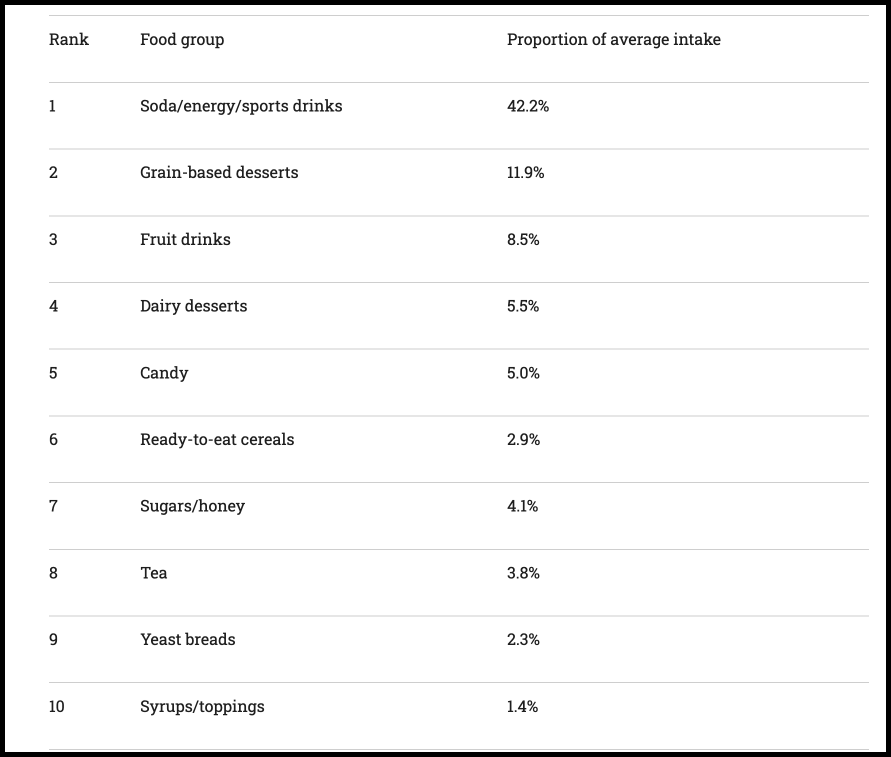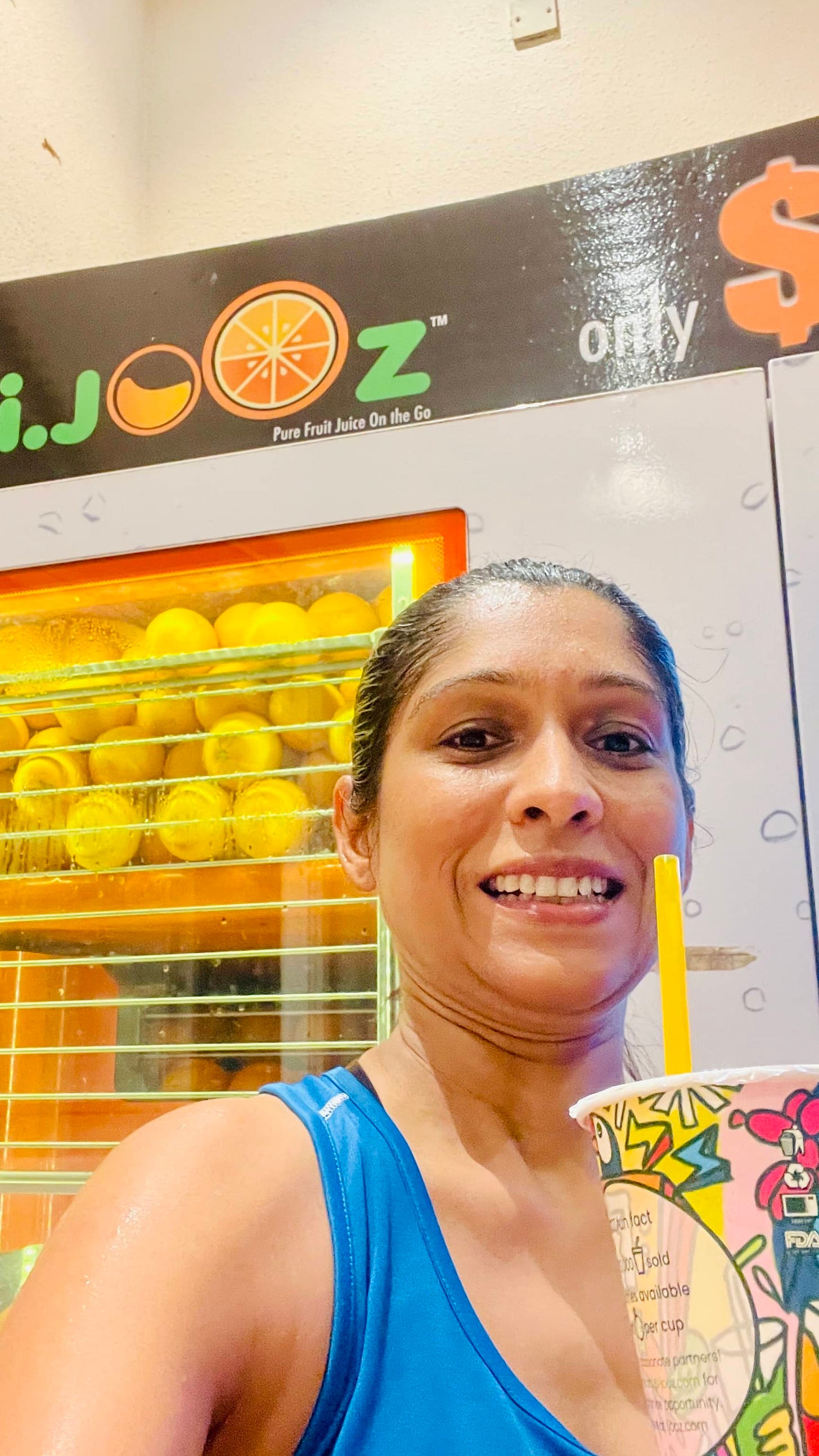Sugar and your mind — Quitting added sugars
Why do we crave for sugar, the worst sugars, and a plan to quit added sugars.
Let there be darkness — It used to be the theme of the day every now and then in my home. It was one of those days when I’d get a nauseating headache. Bright daylight made things worse so we’d draw the night curtains. I would pop in two pills of paracetamol and hope for the killing pain in my head to subside.
All that is history. I’m migraine free for almost six months now.
What changed?
My lifestyle is pretty much the same except for one big change — I quit added sugars.
Added sugar, as the name suggests, is the sugar added to foods during cooking, processing, or at any stage before eating.
It means no maple syrup, honey, jam, ice cream, cookies, etc. for me. I still eat natural sugar, which is found in unprocessed whole foods like fruits, dairy, grains, etc.
Confession — I’m not 💯 compliant. I’d grab a piece of dark chocolate or a glass of orange juice (more on this later) when I feel like having one. The truth is that I don’t crave sugar anymore. That, I think, is the real power of reducing sugar.
The more you eat, the more you want it. The less you eat sugar, the less you crave it.
Why do we crave sugar?
Our brain needs fuel. No surprises there. But did you know our brain has a favorite fuel source? It’s glucose.
All foods eventually break down into glucose in our bodies. Proteins and fats do that slowly. Foods with added sugars, that is, carbohydrates break down faster into glucose. So, popping in candy is an instant reward for the brain.
But that doesn’t mean our body wants unlimited amounts of sugar. High sugar levels can lead to the death of cells. Our bodies are designed to keep things in check.
Even if you gulp a cup of sugar, it doesn’t end up in your bloodstream. Your body has a defense mechanism to clamp the sugar level.
How do we manage to take loads of sugar? Let’s look at the biggest culprits.
Where is the added sugar coming from?
Too much added sugar is the root cause of major health problems e.g. high blood pressure, inflammation, weight gain, diabetes, fatty liver disease, and brain fog.
While it’s a bad idea to have any kind of sugar in excess, some are worse than others.
Worst kind of sugar
The worst kind of sugar is the one that food manufacturers add to packaged food to increase its flavor and shelf life.
It doesn’t just deteriorate the quality of our lives, it can even shorten our lifespans.
In a study published in 2019, it was observed that a 10% increase in ultra-processed food consumption over a period of ~7 years increased the risk of all-cause mortality to 14%!
Ultra-processed foods include packaged snacks, sugary drinks including juices, manufactured bread, confectioneries, ready-made meals, and processed meats.
The learning is simple. If someone is lucky enough to be not suffering from any health problems in spite of consuming a lot of processed foods, they’ll be suffering 7-8 years from now.
This applies to kids as well. As parents, it’s on us to remove heavly processed foods from their lives.
How to quit added sugars?
I would like to share a few strategies and tips that helped me ease into a no added sugar lifestyle.
The biggest challenge for me was quitting morning tea with sugar and milk. I replaced it with hibiscus tea, which has a tart flavor like that of cranberry. I’m not sure how this herbal tea helped me get over my milk/sugar tea addiction but it did.
The point is there’s always a better option. You just need to find yours. Test different ideas to find your favorite.
Here goes the game plan.
What’s your motivation to quit added sugars? For me, it was solely to get rid of the headaches. For you, it could be gaining more focus and clarity of mind, losing weight, improving heart health, longevity, etc. You need a compelling motivation to see through your plan.
Identify all your weaknesses (sugar cravings) and their timings. e.g., Mine were as follows:
Morning tea with sugar and milk (first thing after I woke up) 😬
Coffee with sugar and milk (post breakfast)
Dessert (post lunch)
Packaged snacks like biscuits (early evenings)
Dessert (post dinner) 🤪
For each weakness, find a healthier alternative. I made the following replacements:
Morning tea with sugar and milk — Hibiscus tea
Coffee with sugar and milk — Coffee with/without mild but no sugar
Dessert post-lunch — A cube of 70% or more dark chocolate
Packaged snacks like biscuits early evening — I stopped this altogether as I moved my running to evenings.
Dessert post dinner — Dates (1-2)
Reserve your favorite sweet (non-processed) exclusively after a hard workout. e.g., fresh fruit juice or ultra sweet fruit like mango.
Simple strategies to get over the craving for desserts:
Stand up, drink a glass of water, and wait for a few mins.
Head outdoors for a walk soon after finishing a meal.
Drink lemon/lime juice.
Add a dash of cinnamon to your foods like fruits.
When is it okay to have sugar?
It’s not human to be 💯 compliant 😉!
The trick is to identify a good time to indulge in your favorite foods. The best time to consume sugar is soon after a hard workout/exercise session. That’s when your body is more efficient in circulating blood sugar.
For me, that’s orange juice. I have it right after a long run. No guilt, sheer pleasure 😇!






